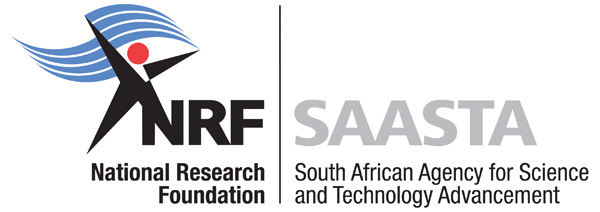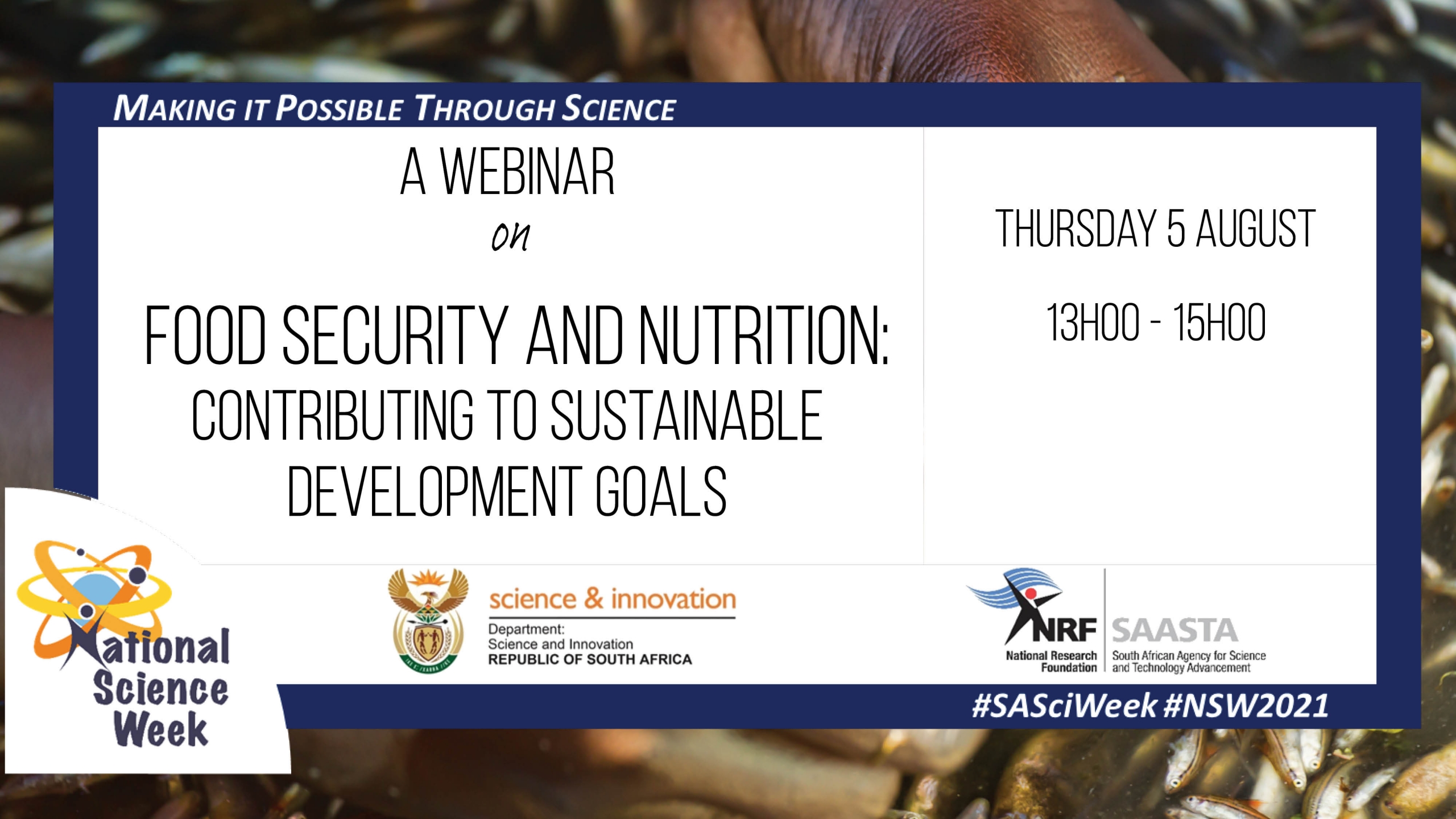
- BACKGROUND
- ABOUT THE WEBINAR
- EVENT PROGRAMME
- PRESENTATIONS
A 2018 report by the United States Agency for International Development (USAID) revealed that more 800 million of the world’s population go to bed hungry, that is, one of nine people in the world. Poverty is cited as the principal cause of hunger, with about half of the world’s poor population (i.e. 368 million) located in just five countries: India, Nigeria, Ethiopia, Bangladesh and the Democratic Republic of Congo. The elimination of both hunger and poverty remain the long-standing global challenges and top of the grand challenges identified by United Nations (UN) through its Sustainable Development Goals (SDGs). Despite the 2020 Global Hunger Index (GHI) putting worldwide hunger at a moderate level, projections indicate that the world is not on track to meet its SDG 2 – known as Zero Hunger – by 2030 and that approximately 37 countries will fail to even reach low hunger, as defined the GHI Severity Scale. Likely to exacerbate the situation is the potential impact of the novel coronavirus, which is set to worsen hunger levels and affect trajectories of many countries in meeting their SDG 2 projections. To address the hunger and poverty challenges observed in Africa (mostly Sub Saharan Africa), policies and programmes at a regional (i.e. Africa Strategy 2063) and national level have been put in place to contribute towards the elimination of these pressing global challenges.
Food security, which is defined as having, at all times, physical and economic access to sufficient food to meet dietary needs for a productive and health life, is regarded as key to eliminating hunger and poverty. Food insecurity is often rooted in poverty and has long-term impacts on the ability of families, communities and countries to develop and prosper. Food security research investigating the food systems – production, processing, distribution and consumption – may be essential in informing policy and agricultural practices that address food insecurity and ultimately, poverty and hunger challenges. In recognition of the UN’s 2021 International Year (IYFV), fruits and vegetables have a crucial role in the complex food systems by providing nutritional and health benefits and ultimately, contributing to the SDGs 1 and 2 concerned with the elimination of poverty and hunger. The observance of the 2021 IYFV is important for the creation of awareness of, directing policy attention to, and sharing best practices on the nutritional and health benefits of fruit and vegetable consumption and reducing the loss and waste of fruits and vegetables
The main objective of the webinar is to profile food security research that contributes to zero hunger and no poverty. The role of fruits and vegetables in food systems in explored and linked to food security. The webinar will be hosted during the NSW 2021 and seek to draw attention to the 2021 IY that is focused on raising awareness of fruits and vegetables and policies to improve food security. The recommended lead institutions for the webinar is the NRF-CoE in Food Security.
(a) To highlight progress on the SDGs and in particular, the no poverty and zero hunger global challenges.
(b) To profile innovative research in food security that aims to address poverty and hunger challenges in the African continent.
(c) In observance of UN’s 2021 IYFV, highlight the role of fruits and vegetables in providing good nutritional health benefits.
WEBINAR – FOOD SECURITY AND NUTRITION: CONTRIBUTING TO SUSTAINABLE DEVELOPMENT GOALS
DATE: 05 AUGUST 2021
VENUE: ONLINE
TIME: 13H00 – 14H45
PROGRAMME FACILITATOR: DR NOMUSA DLAMINI
- Dr. Melody Mentz-Coetzee
Dr Melody Food security NSW presentation 05 August
- Ms. Lindiwe Dhlamini
Lindiwe Dhlamini_food security NSW NRF Presentation_5 August 2021
- Mr. Florain Kroll
Mr Florain food security NSW Presentation FK 05 August 2021
South African Agency for Science and Technology in collaboration with the Department of Science, Technology and Innovation would like to invite you to participate in priority research area webinar focusing on food security and nutrition research, contributing to sustainable development goals. The webinar is part of the country-wide celebration of the National Science Week (1-7 August 2021) by the Department of Science and Innovation.
The webinar is intended for food security and nutrition experts, researchers, academia, science engagement practitioners and general public.
_________________________________
DATE: 5 August 2021
TIME: 13h00 – 15h00
VENUE: Virtual via Zoom (link to be provided after registration )
Closing Date: 5 August 2021
Limited space is available, hurry and register as soon as possible. Space will be allocated to participants on the first come, first serve basis.
speakers
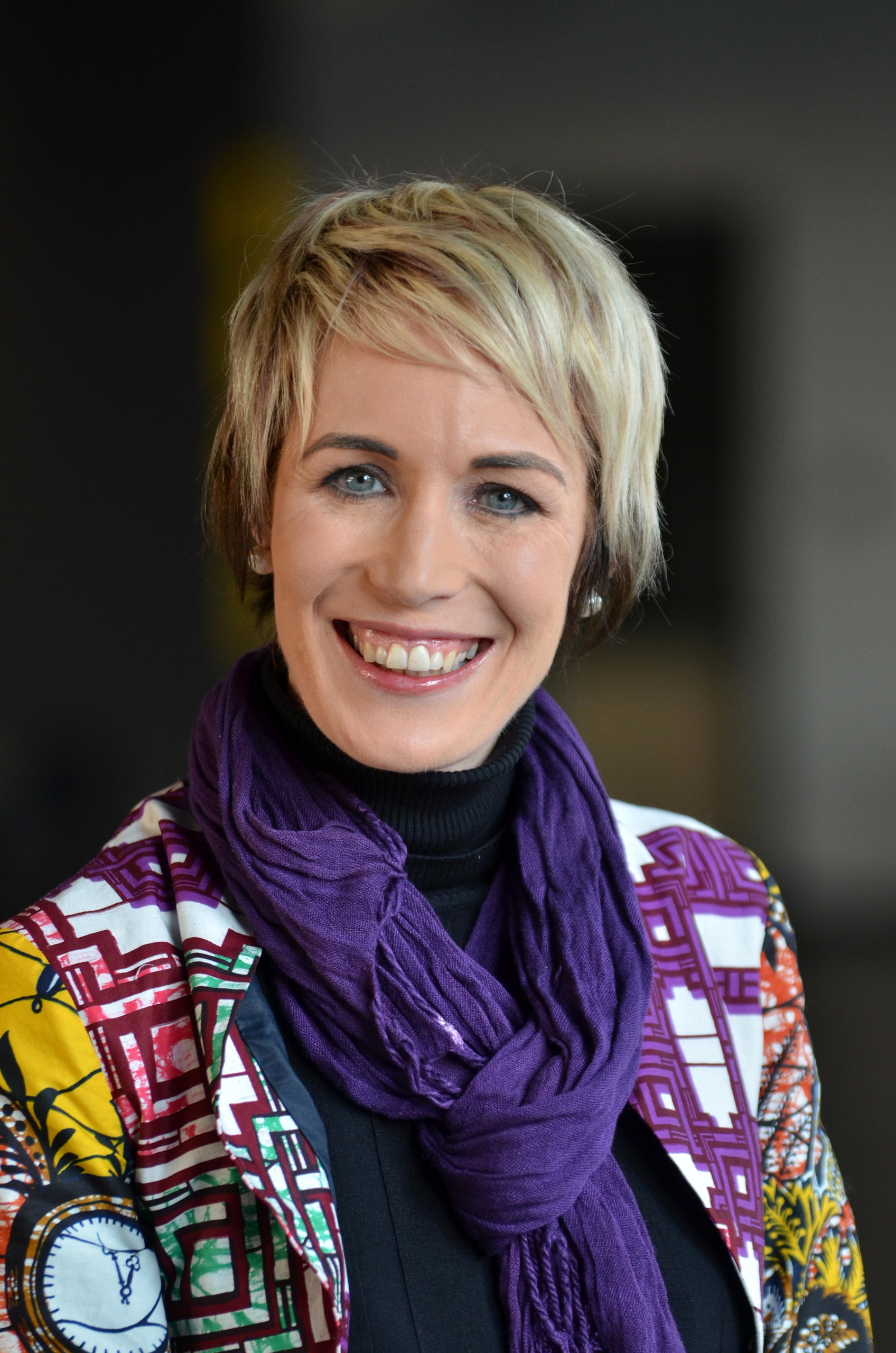
Dr. Melody Mentz-Coetzee
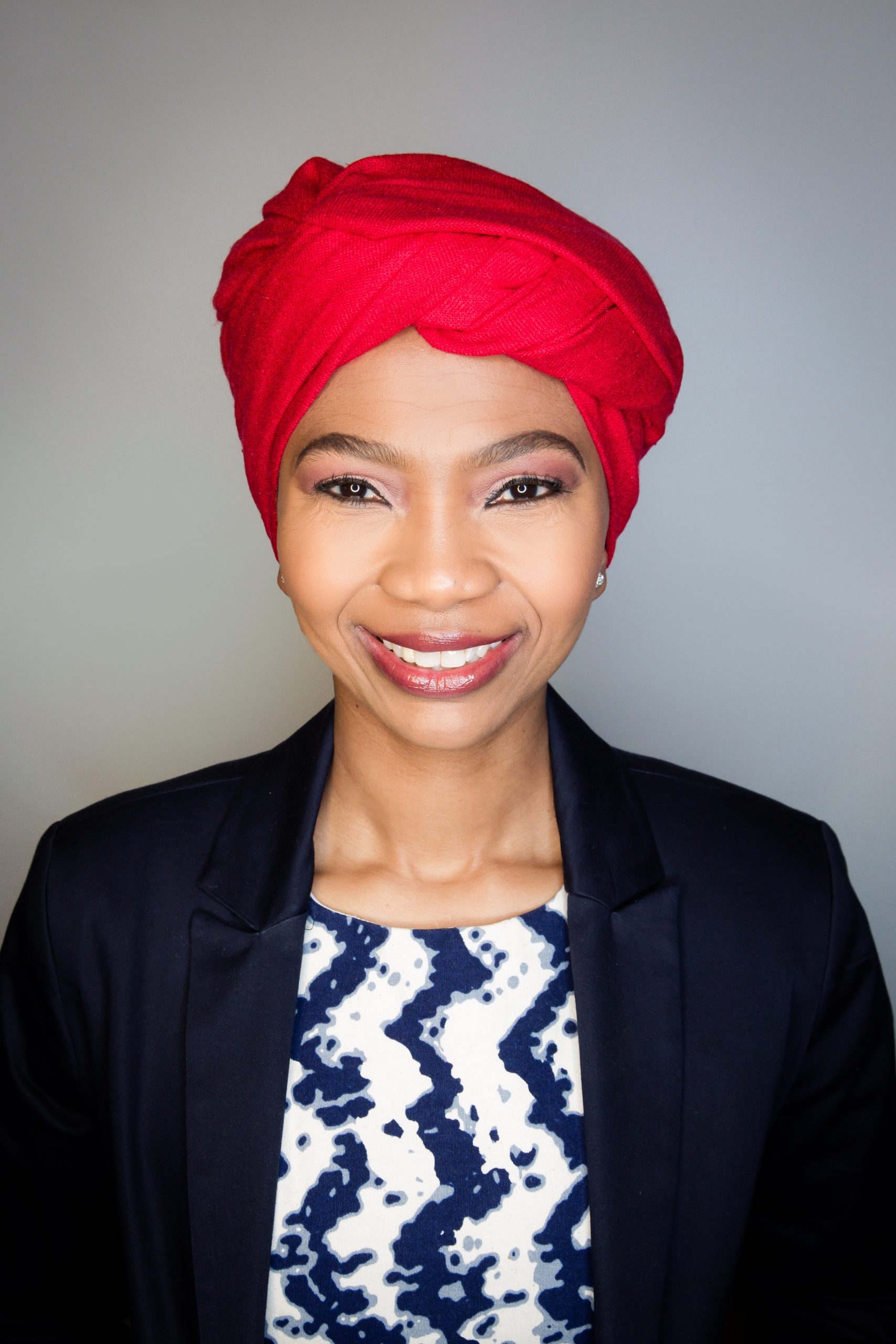
Ms. Lindiwe Dhlamini

Dr. Nomusa Dlamini

Mr. Florian Kroll
Recorded Video
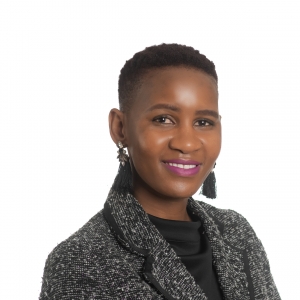
Contact Us
Kedibone Monyebodi
Project Officer
kedibone@saasta.ac.za
